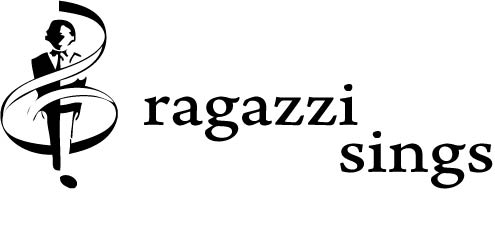When I was a child imagining a career for myself, my father stressed to me that I had to do something which “helped people.” I wanted to be a writer or a singer but he didn’t think that was a good enough helping profession, so he encouraged me to go into psychology. In those days, psychology was focused on behaviorism, characterized by training rats. I got my Master’s degree and worked for Kaiser on psychotropic drugs, but I grew disenchanted; I longed to do what I loved.
When I had the opportunity to support myself, music jobs fell into my lap. With no formal training, somehow I found myself a choir director and a teacher. I have, over the years, tried to tell myself that I’m “helping people”, but was always unsure. I have constantly looked for reassurance that being an artist is a worthy profession.
I recently read an article by Dr. Karl Paulnack from his opening address to the Boston Convservatory parents in 2004 (reprinted in Music@Menlo 2010 Season Brochure). Highlights follow:
“One of my parents’ deepest fears, I suspect, is that society would not properly value me as a musician….On some level, I think, my parents were not sure themselves what the value of music was...” Paulnack then tells of Olivier Messiaen, who was captured by the Nazis in 1940, and was fortunate to have a guard who gave him pencil and paper. From that terrible time in prison emerged one of his most profound musical compositions, the Quartet for the End of Time. “Given what we have since learned about life in the concentration camps, why would anyone in his right mind waste time and energy writing or playing music?... in a place where people are focused only on survival, on the bare necessities, the obvious conclusion is that art must be, somehow, essential for life…”
After referring to the way our nation turned to music after September 2001, Paulnack goes on to tell the story of a concert he gave that moved a WW II pilot to help him connect with his deepest emotional memories. “From these experiences, I have come to understand that… music is a basic need for human survival. Music is one of the ways we make sense of our lives, one of the ways in which we express feelings when we have no words, a way for us to understand things with our hearts when we can’t with our minds.”
……..
“If we were a medical school and you were here as a med student practicing appendectomies, you’d take your work very seriously because you would imagine that some night at two a.m. someone is going to waltz into your emergency room and you’re going to have to save their life. Well, my friends, someday at eight p.m. someone is going to walk into your concert hall and bring you a mind that is confused, a heart that is overwhelmed, a soul that is weary. Whether they go out whole again will depend partly on how well you do your craft…”
“Frankly, ladies and gentlemen, I expect you not only to master music, I expect you to save the planet. If there is a future wave of wellness on this planet, of harmony, of peace, of an end to war, of mutual understanding, of equality, of fairness, I don’t expect it will come from a government, a military force, or a corporation. I no longer even expect it to come from the religions of the world, which together seem to have brought us as much war as they have peace. If there is a future of peace for humankind, if there is to be an understanding of how these invisible, internal things should fit together, I expect it will come from the artists, because that is what we do. As in the concentration camp and on the evening of 9/11, the artists are the ones who might be able to help us with our internal, invisible live
So, it seems I am living by my father’s ideal. In fact, all of us involved with Ragazzi are “helping people:” our boys and those who are touched by our music.
Monday, August 9, 2010
Subscribe to:
Posts (Atom)
